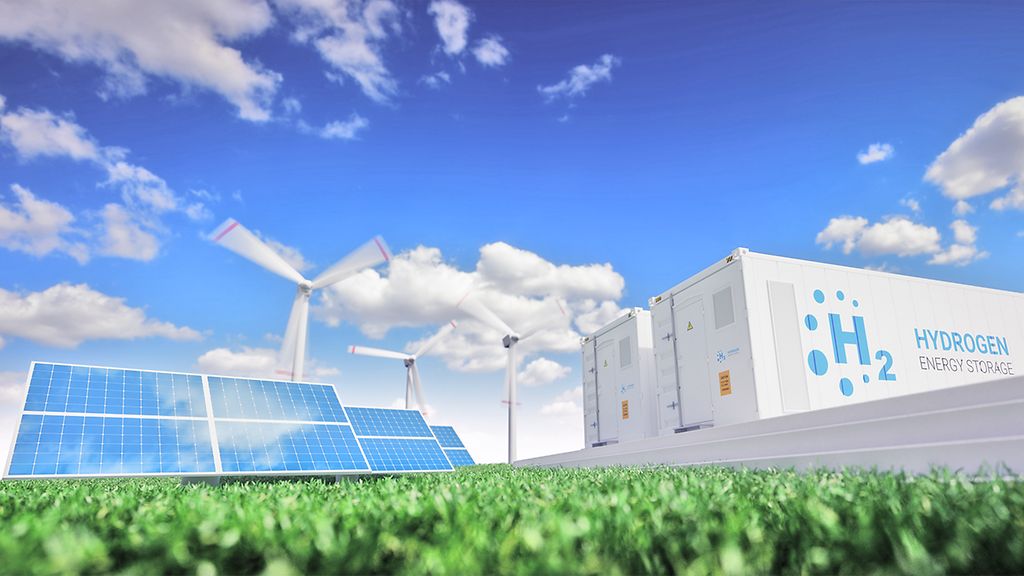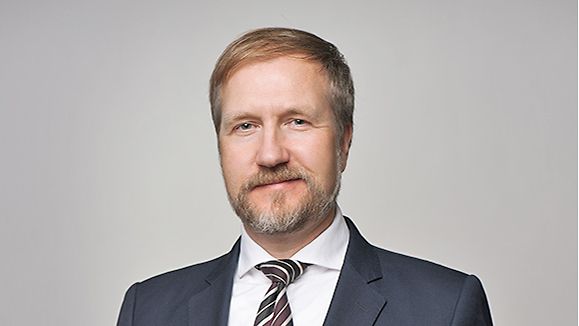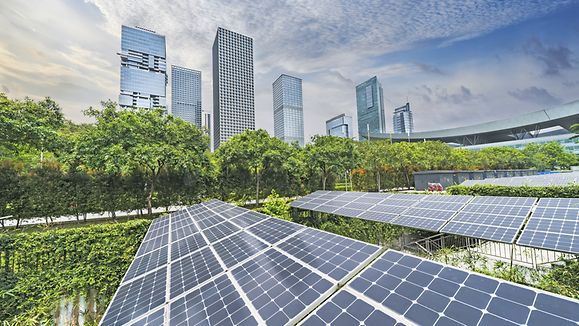An array of additional measures are set to be implemented in order to safeguard energy security in Germany.
Securing critical infrastructure
The Federal Ministry for Economic Affairs and Climate Action is to be given new powers in situations where companies are at risk of not being able to meet needs in future, thereby impairing supply security. In such cases, critical infrastructure companies in the energy supply sector will be placed under trust management for a limited period of time. The amendment also provides for the possibility of expropriation as an option of last resort.
Price adjustment options
Should the Bundesnetzagentur determine that gas imports are to be significantly reduced, all energy suppliers along the supply chain affected by this decision will be entitled to adjust the gas prices they charge to an appropriate level. This will provide financial security to importers. Consumers will have an extraordinary right of cancellation where price adjustments of this kind are made.
Liquid Natural Gas (LNG) acceleration
The Federal Ministry for Economic Affairs and Climate Action has made funding of almost EUR 3 billion available to put four floating LNG terminals into operation.
The “LNG Acceleration Act” has been created to increase security for national energy supplies by maintaining has supplies from other countries. The Bundestag passed the Act on May 19, with the Bundesrat confirming the new regulations with its formal approval on May 20. The new legislation allows for land-based and floating LNG terminals and the required connections to be constructed in quick time thanks to swift approval, tender and review procedures. Sites currently being considered include Brunsbüttel, Wilhelmshaven, Stade/Bützfleh, Hamburg/Moorburg, Rostock/Hafen, and Lubmin.
The new gas power stations and infrastructure have been planned for successive switch over from fossil gas to carbon-neutral products including hydrogen. Building LNG infrastructure is a short-term solution to facilitate alternative ways of importing gas. The Federal Government has, for that reason, specifically planned for the infrastructure to be suitable for hydrogen use.
In accordance with German climate targets, the approvals for the LNG facilities are to be limited in duration to no later than 31 December 2043. Continued operation of these facilities will only be possible after that point if they are used for climate-neutral hydrogen and its derivatives. This ensures that it will still be possible to achieve the goal of climate neutrality by no later than 2045.
Preserving gas storage facilities
Gas storage facilities may only be decommissioned subject to approval. Any temporary or permanent decommissioning of gas storage facilities, parts of such facilities or their connection to the public grid will have to be approved in advance by the Bundesnetzagentur.
Digital platform for natural gas
A digital platform for natural gas will be established to ensure that supply of gas is secure in the future – even in the event of a crisis. It will be possible to offer and allocate volumes of gas by means of an efficient, digitalized process.
Maintenance of Substitute Power Stations Act
The Maintenance of Substitute Power Stations Act aims to establish a gas substitute reserve for the period up to March 31, 2024. The act ensures that gas will be saved in the event of an impending shortage. Instruments within the act allow gas power plants to be withdrawn from the power market to save gas in electricity production. Reserve power coal and oil plants are to be allowed a temporary return to the electricity market up to March 31, 2024.
Oil and coal-fired power plants are to be upgraded so that they are ready for the market at any time. This applies in particular to coal-fired power plants that were to be decommissioned in 2022 and 2023 as part of the coal phase out plans. Power plants that have served as a grid reserve are also to be used for production. Coal-fired power plants from the safety reserve (which to date have only been allowed to be ramped up again in extreme emergencies) form part of the newly created supply reserve as of October 1.
Germany’s coal phase-out goal and climate targets remain in place. The power plants are operational but not active on the electricity market – meaning that additional carbon dioxide emissions will only occur in the event of an emergency.


